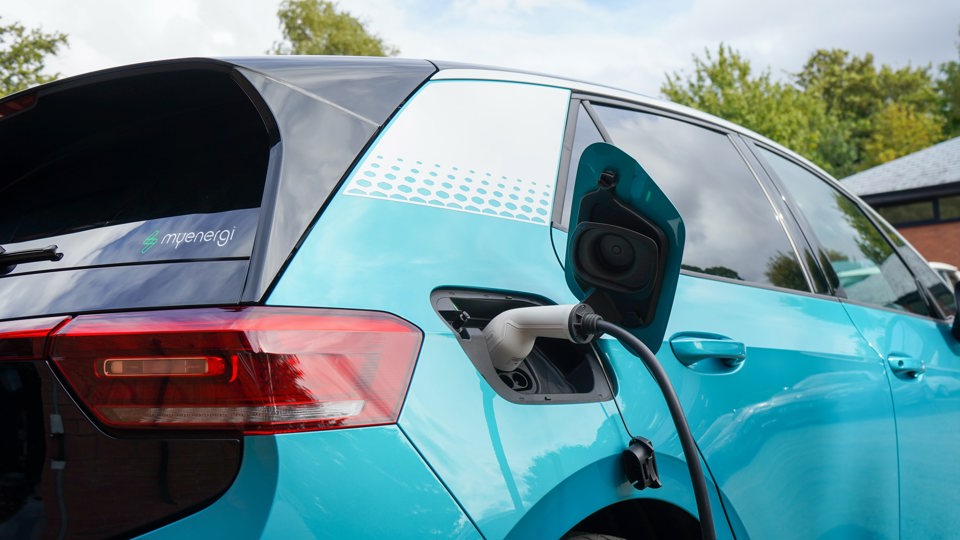A new survey from the Startline Used Car Tracker reveals that almost half of dealers (47%) believe that the ZEV Mandate targets should be relaxed, reflecting a growing consensus that while the future is undoubtedly electric, the path to get there might be longer and more winding than policymakers anticipate.
The UK’s zero-emissions mandate, which require manufacturers to meet increasingly stringent sales targets, are a key part of the nation’s drive to decarbonise transportation. The targets start at 22% in 2024 and rise steeply to 80% by 2030.
However, the survey shows that 52% of dealers think the market needs more time to electrify, with concerns mounting over the financial penalties for non-compliance, which could be as high as £15,000 per vehicle.
A new survey from the Startline Used Car Tracker reveals that almost half of dealers (47%) believe that the ZEV Mandate targets should be relaxed, reflecting a growing consensus that while the future is undoubtedly electric, the path to get there might be longer and more winding than policymakers anticipate.
The UK’s zero-emissions mandate, which require manufacturers to meet increasingly stringent sales targets, are a key part of the nation’s drive to decarbonise transportation. The targets start at 22% in 2024 and rise steeply to 80% by 2030.
However, the survey shows that 52% of dealers think the market needs more time to electrify, with concerns mounting over the financial penalties for non-compliance, which could be as high as £15,000 per vehicle.
Paul Burgess, CEO at Startline Motor Finance, commented: “EV sales are widely perceived to be almost flatlining, so the ZEV Mandate is currently receiving a lot of attention. While manufacturers can defer targets to future years, the ultimate fines are eye-wateringly high.”
Moreover, the Startline survey revealed that 30% of respondents believe manufacturers will end up being fined under the ZEV scheme, and 28% feel the targets are too ambitious.
With 23% predicting that the mandates could be scrapped entirely, dealers agree with manufacturers that the industry needs more breathing room to make the transition to electric vehicles in a sustainable manner.
Recent comments from Luca de Meo, CEO of Renault, and Volvo's strategic pivot in EV production have expressed car makers’ growing doubts about the current pace of electrification.
De Meo has been an outspoken advocate for a more measured approach to electrification, arguing that the shift to electric should not be dictated purely by regulatory mandates, but by market readiness and infrastructure development.
Volvo also announced it was to "reset" its EV production targets. Despite being one of the early champions of electrification, Volvo has acknowledged that the industry needs a more realistic timeframe.
The company cited rising production costs, supply chain disruptions, and inconsistent consumer demand as reasons for this reset, validating concerns raised by dealers in the Startline survey.
Toyota is the latest manufacturer to plan to significantly reduce its EV production targets for 2026 by 30% according to Nikkei which reports it now plans to produce one million EVs in 2026, a sharp reduction from earlier projections.
It said that while the Japanese car maker still aims to produce 1.5 million EVs annually by 2026 and 3.5 million by 2030, these figures are ‘benchmarks rather than strict targets for shareholders’.
The current UK government remains to date committed to reinstating the 2030 ban on petrol and diesel vehicle sales.
Login to continue reading
Or register with AM-online to keep up to date with the latest UK automotive retail industry news and insight.
















Login to comment
Comments
No comments have been made yet.